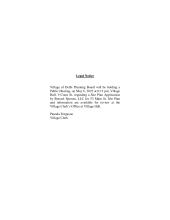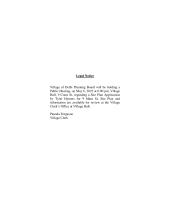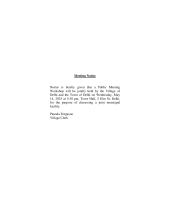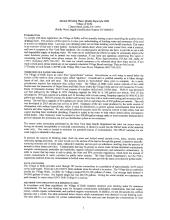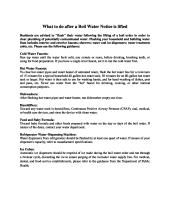On February 2, 1881, the Delhi Water Works was established, and the company, capitalized at $20,000, began business immediately. The chosen directors were S. E. Churchill, J. P. Grant, S. W. Hubbell, L. H. Maynard, J. C. Van Dyke, Johnson Hamilton, F. G. Rulifson, Edgar Johnson, and E. W. Churchill. S. E. Churchill was elected president, J. P. Grant was named secretary, S. W. Hubbell became treasurer, and F. G. Rulifson was appointed superintendent.
A reservoir was constructed about one and a half miles north of the village, and mains were laid throughout various village streets. On October 29, 1892, the company’s capital was increased to $30,000, and again on March 3, 1897, to $45,000. The final increase in capital was intended to fund the construction of another reservoir about a mile further north of the original one and to expand the water mains. This new reservoir was completed in early summer 1895 at a cost of $16,000. It provides pure spring water to village residents. Thanks to this reservoir, 26 fire hydrants were installed throughout the village for fire protection. The water pressure is 124 pounds per square inch.
The company's new officers were J. C. Van Dyke as president, J. B. Cowan as vice president, William Whitney as secretary, R. H. Barner as treasurer, and Johnson Hamilton as superintendent. Additional directors included C. A. Crowell, A. M. Warner, W. V. Gillespie, and E. W. Churchill, with George O. Leonard serving as collector.
The Delhi Water Company (distinct from the Delhi Water Works) was incorporated on February 19, 1872. Its incorporators included H. N. Buckley, Charles Hathaway, William Youmans, Charles Marvine, James H. Graham, W. C. Sheldon, T. Benjamin Meigs, James H. Wright, Daniel T. Arbuckle, and Caleb A. Frost. The company’s capital stock was $20,000. Its reservoir was built on Steele Brook, about three-quarters of a mile from Main Street.
These two Steele Brook reservoirs were not the first in the village. The earliest reservoir was located where Spruce Street now exists, as shown on the 1869 Beers Atlas map. Today, the former reservoir site is a vacant, filled-in lot that cannot be built on—so, in a way, it still exists. Additionally, the first reservoir on Steele Brook was built at the site of a former sawmill, also noted on that map.
In recent years, the area long known as Reservoir Park has been restored and newly recognized as an attractive community park, made more accessible by a refurbished roadway. It is said that remnants of the first dam can still be seen downstream from the current reservoir park.
